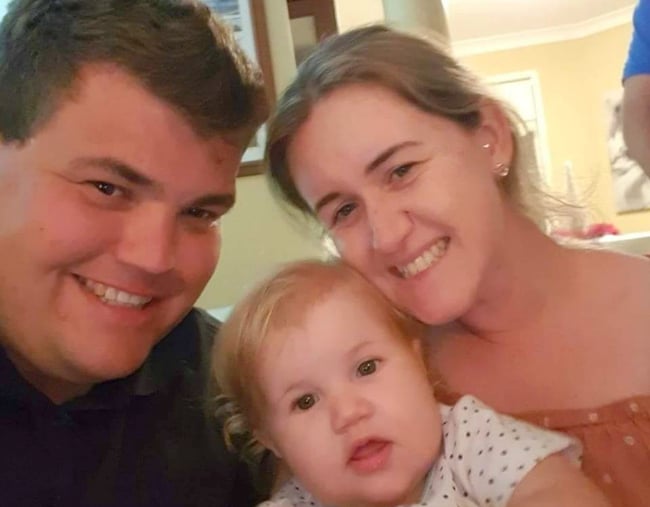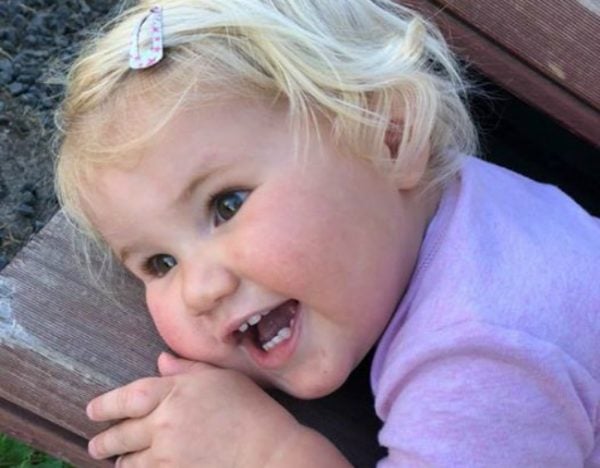
When you ask Paige Thomas’ mum to describe her little girl, a few words come to mind.
The two-year-old is “strong-willed”, Jess tells me. “Independent, sassy, and boisterous” – the kind of energetic toddler who will tell you exactly what she thinks, at any given time.
A little girl who’d rather be mucking around outside near the horses and her dad’s motorbikes than cooped up in front of a television screen.
And that love of the outdoors is partly what has made the last few weeks so excruciating for Paige’s family – in particular her doting parents, aunties, and grandmother – who are now watching the toddler embark on the fight of her life in Randwick Children’s Hospital in Sydney.
It was August 7 when their worlds were detonated, with a runny nose the only red flag that something could be awry.
“It’s a horrible thing to think that you can have a perfectly normal life three weeks ago, just with a kid with a bit of a runny nose and that was it,” dad Adam explains.
“It’s been really hard to fathom what’s happened. When you go to a hospital and they tell you there’s nothing they can do, that’s really tough. There’s nothing you can do for an ANE patient, you can’t operate on them, you can’t do anything really.”
ANE refers to Acute Necrotising Encephalopathy, a rare disease characterised by brain damage, typically caused by a viral infection. It’s a disease that has seen Paige’s doctors and professional team cry tears of frustration; they know what the problem is, but are rendered powerless to treat it.

